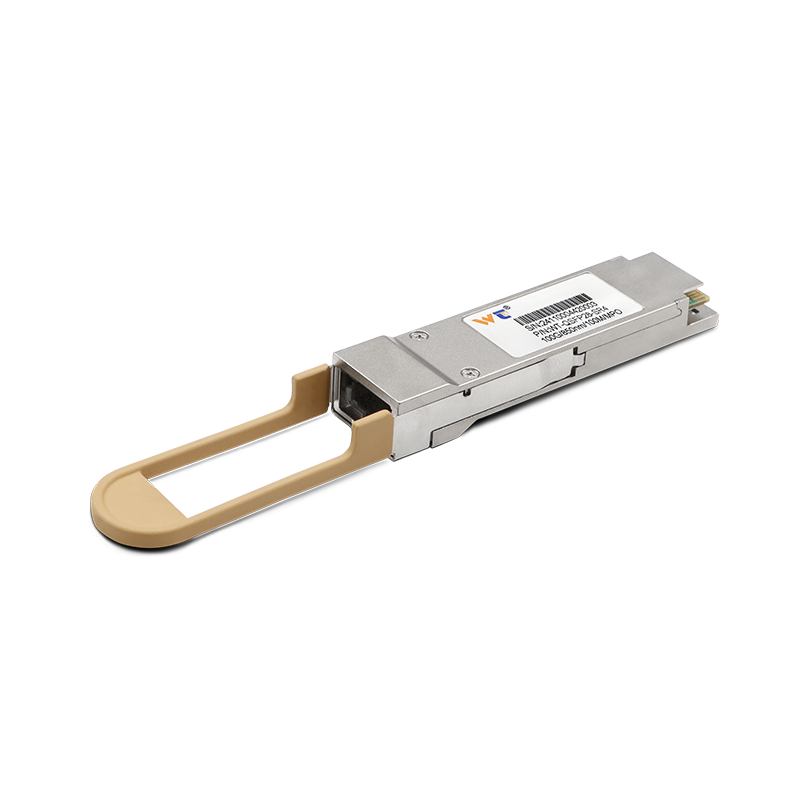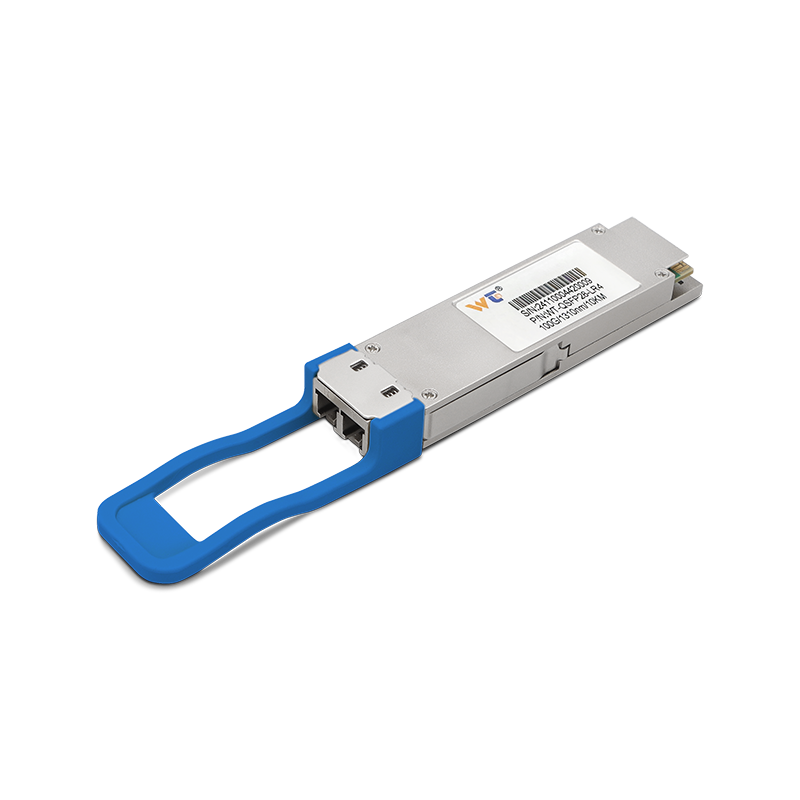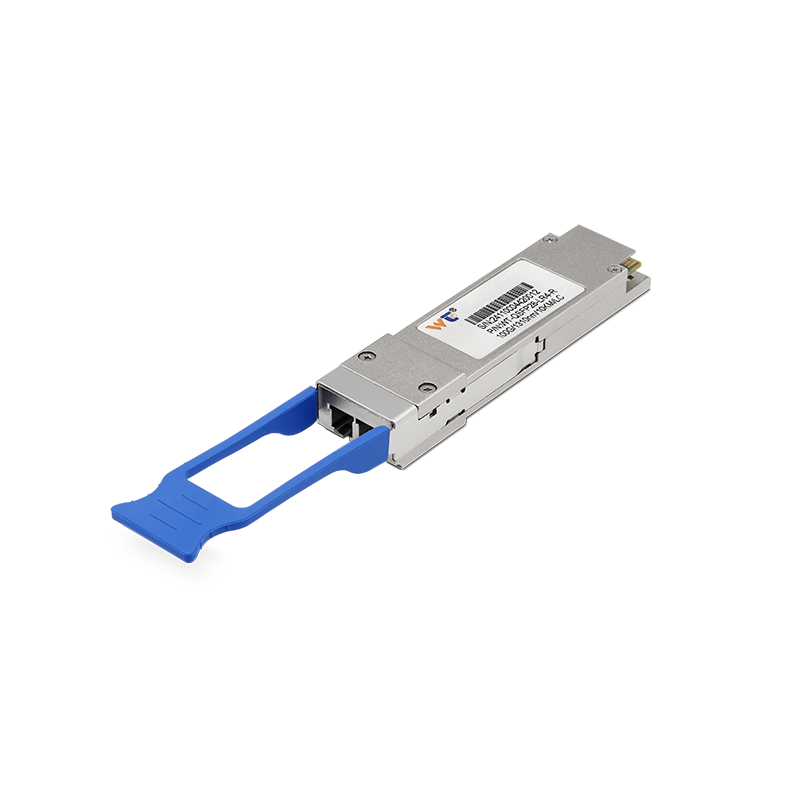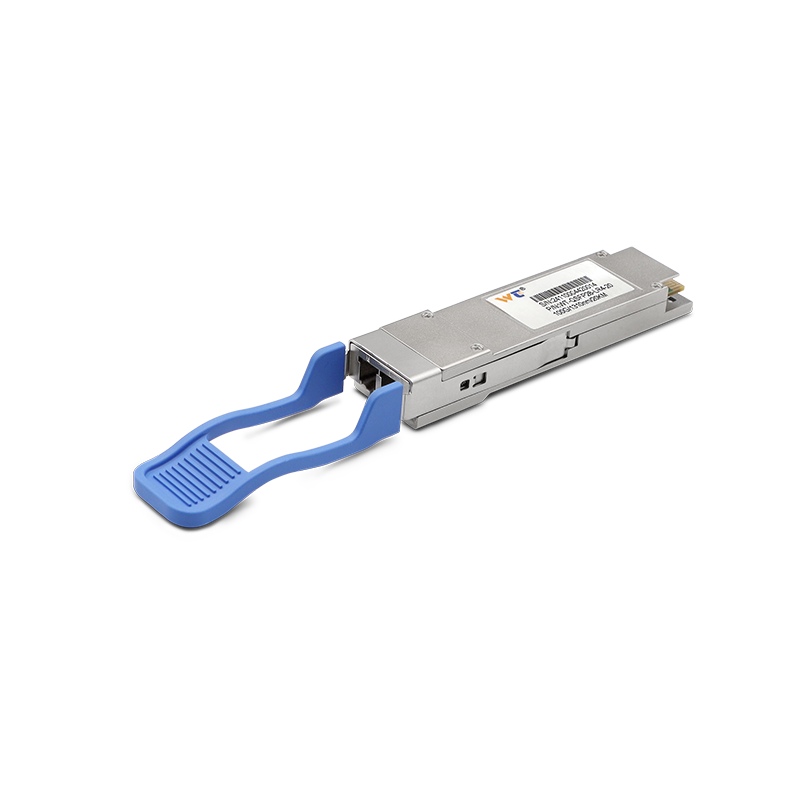As we delve into the fascinating realm of network engineering, it's clear that simulation tools play a crucial role in shaping our understanding and skills. These simulators act like a safety net, allowing us to explore, experiment, and troubleshoot without the fear of disrupting actual networks. Whether you’re just stepping into the field or you’ve been around for a while, knowing which simulators to use can truly transform your learning journey. So, let’s jump right into the top five must-have simulators that every network engineer should have in their toolkit! Ready? Let's enhance your networking prowess!
When it comes to gaining hands-on experience in network engineering, simulations are nothing short of priceless. The first must-try simulator is none other than Cisco Packet Tracer. This tool, created by Cisco itself, boasts a super user-friendly interface that makes building networks a breeze. With Packet Tracer, you can whip up network diagrams, configure devices, and see protocols in action—all without needing a lab full of hardware. Its extensive library of network devices makes it easy to simulate even the most complex topologies.
Moving on, we have GNS3 (Graphical Network Simulator-3). This gem stands out as it allows you to plug in real Cisco IOS images, which means you can get a taste of what working with real equipment feels like. It’s a powerful choice for those looking to get their hands dirty with advanced configurations, as it mimics live network environments closely. Whether you’re dealing with routers, switches, firewalls, or virtual machines, GNS3 covers it all.
Next up is EVE-NG (Emulated Virtual Environment Next Generation), which is perfect for those who want to explore large and complex network topologies. It's especially great for multi-vendor setups, making it ideal for scenarios that require the integration of various devices. EVE-NG really helps you drill down into network configurations, offering you a clearer insight into how different parts of a network come together.
Another noteworthy addition to our list is Boson NetSim. This simulator is celebrated for its vast selection of labs that focus more on Cisco certification topics. With specialized training on ICND, CCNP, and CCIE simulations, Boson NetSim prepares you like a coach before a big game, helping you tackle certification exams with confidence through practical exercises.
Last but definitely not least is Wireshark. While it's not a simulator in the conventional sense, it’s an absolute necessity for any network engineer. Wireshark lets you capture and analyze packets, which is key for decoding network traffic and troubleshooting any issues you might encounter. By diving into real-time data, engineers sharpen their troubleshooting skills and deepen their understanding of networking protocols.
By becoming familiar with these five essential simulators, you’ll lay down a strong foundation for your career as a network engineer. Each tool has its own unique strengths, catering to different aspects of networking that can tailor your learning experience to your personal goals. From crafting simple network diagrams to running intricate simulations, these tools will help you explore and master fundamental networking concepts.
Wondering how to get the most out of these tools? It's simple! Start by downloading and installing each simulator. Take time to get comfortable with their interfaces and functionalities. Begin creating basic network topologies, and as you grow more confident, increase the complexity. Don’t hesitate to tap into online resources like documentation and community forums when you hit a snag. Engaging in the practical labs available within these simulators will further solidify your understanding.
If you’re eager to level up your skills, why not explore advanced concepts like Software-Defined Networking (SDN) or network automation? Getting your hands on more complex configurations can be a total game-changer for your career. Plus, keeping yourself updated on new features and developments of these simulators will ensure you stay sharp and relevant in this fast-paced field.
Just imagine the potential if you immerse yourself in practical networking scenarios with these simulators!
If you make a consistent effort to engage with these tools, you're sure to boost your grasp on network protocols and configurations, setting yourself up for success in real-world situations.
As you assess the practicality of these simulators, common queries arise, such as: "Can I actually apply what I learn with these simulators to real-world networks?" The short answer is yes, but just keep in mind that while simulators are fantastic for practice, nothing can completely replace hands-on experience with real equipment.
So, I encourage you to adopt these simulators as stepping stones to mastering network engineering. They not only enhance your technical skills but also boost your confidence when facing real-world challenges. Why wait? Take that first step: download and install your chosen simulators today!
In conclusion, utilizing these five essential simulators—Cisco Packet Tracer, GNS3, EVE-NG, Boson NetSim, and Wireshark—is not just important but crucial for anyone looking to excel in network engineering, whether you’re a newcomer or a veteran. Each tool shines in its own way, designed to cater to specific networking tasks and learning styles. Engaging with these simulators will not only broaden your skill set but also gear you up for both certification exams and real-life challenges. This blend of theoretical insight and practical application will be invaluable as you navigate the ever-evolving world of network engineering. In a landscape that increasingly depends on robust networking solutions, your expertise will undoubtedly be a key asset in thriving within this dynamic field.






